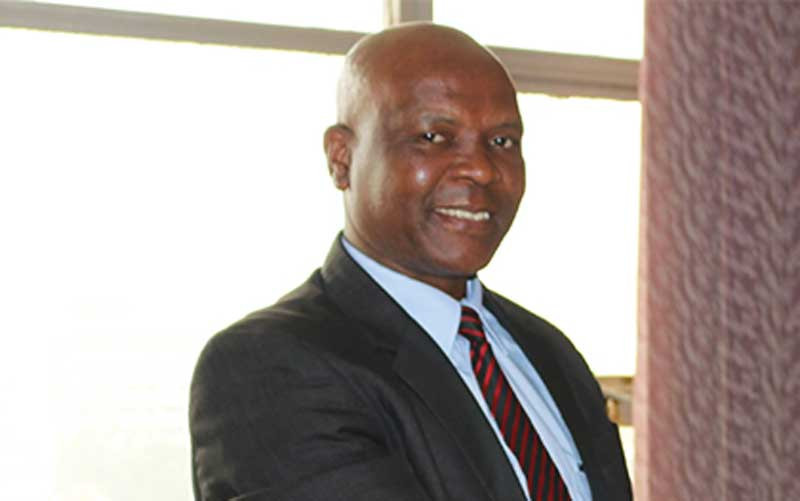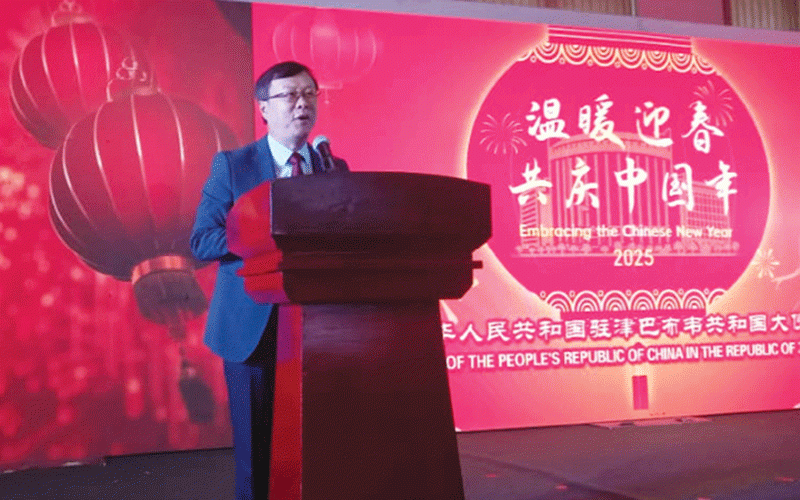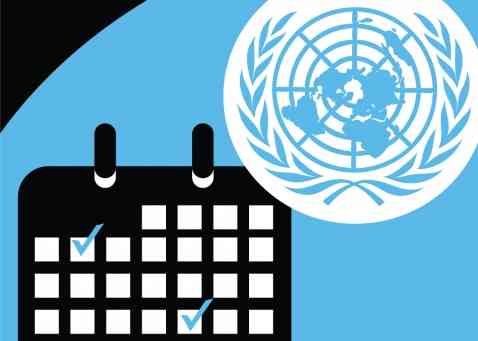
ZIMBABWE holds elections this week. Most nations hold elections on a regular basis to demonstrate their democratic status. The democratic badge allows them to be an acceptable member of the global community of nations. Those who went to war allegedly to free the nation from colonialism claim in their narratives that they fought for freedom, which is a component of democracy.
Democracy is characterised as the majority’s form of governance, in which citizens elect their representatives. This definition is based on the philosophy of Ancient Greece. It assumes that the people have the ultimate authority and that their elected officials must comply with and carry out their intentions.
Elections have never changed the administration of Zimbabwe or the economic situation since its independence, with the exception of Parliament, which now has a mix of political parties. The Presidency, a State institution, wields the ultimate power, and it is taboo to oppose it and prise it away from the ruling party. Elections continue to be an expensive and disruptive endeavour on the national calendar, despite 43 years of evidence that the country’s governance cannot be wrested from the incumbent party.
Democracy is full of promises in its most ideal and idealistic form; in fact, it represents everything that people strive to achieve. The idea has, however, come under increasing criticism for being corrupted and subject to the whims of political and economic power, suggesting that it has outlived its usefulness.
Some of the arguments are that democracy is not as effective as it ought to be in the absence of greater, people-driven and centred economic power. Leaders of developing countries have learned the skill of influencing elections and other democratic processes to their advantage. Although democracy is meant to symbolise the power of the people, politicians in developing countries have entrenched power to a point where, in certain instances, it appears as though the voices of the people are being heard when in reality, it is the power that is influencing those voices.
The second claim is that pervasive corruption on the continent is supported by democracy, particularly elections. Because politics provides unrestricted access to national resources and possibilities, it has developed into an alluring and lucrative industry throughout Africa. The same reason that economies suffer is because gaining power is the primary goal of elected officials rather than promoting economic progress.
Once elected, the majority want to plunder as many State resources as they can before their terms are up. And that will enable them to either increase their political influence, purchase votes, and spend money on re-election or have something to take home if they are not elected again. Since the focus is on political survival, the democratic playing field does not permit elected officials to concentrate on the growth of their societies. In that situation, elections become risky and disruptive to the goal of national growth.
The situation for those vying for the highest office is significantly worse. For them, democracy entails giving the kingmakers underneath them the freedom to plunder as much as they choose, which enables the presidents to maintain their positions of authority. The longer someone holds onto power and the more the wishes of the people expressed through voting are overturned, the more the inner circles of power are satisfied. Because the people in actuality don’t matter to the power structure, a horrible vicious cycle has been permitted to flourish.
- Zim headed for a political dead heat in 2023
- Zec failing to level playing field: CiCZ
- Take Money clinches sponsorship deal
- Zimra targets US$ tax evaders
Keep Reading
As well as foreign factors, there is a tonne of additional domestic ones. As was already mentioned, the idea of democracy, as we know it today, is derived from the Westphalian system, also known as Westphalian sovereignty, which is based on the idea that each State has exclusive sovereignty over its territory and the freedom to form its government however it sees fit, regardless of the moral superiority that democratic nations claim with regard to their governmental structures. However, the idea of democracy has been progressively abused to advance the interests of Western nations in ways inconsistent with the values of democracy.
To begin with, the West has intervened in the internal affairs of the majority of African nations as both an adjudicator and a player. In so many cases, the West has used the absence of democracy as a pretext for intervening, interfering, or using force to topple an existing administration. This dynamic is strongly associated with the expansion of political civil society organisations. They watch over the interests of their donors in addition to playing their watchdog role in several democratic elements.
One of the main causes of democracy's waning mystique and importance is this dual-edged approach, which gives legitimacy to autocratic leadership styles in Russia and other Asian nations where progress has taken place with little or no democracy. Many people are pondering whether voting is still relevant in any manner in areas where poverty has continued to increase if it does not result in a change in their way of life.
This has left many individuals debating whether to let themselves starve to death while exercising their right to vote in a situation where their vote will be useless. Because they feel that freedom comes from having access to economic power, which can subsequently be used to change their communities, some people are even willing to live in environments with little or no democracy as long as they have access to economic opportunities that allow for social advancement.
- Tapiwa Gomo is a development consultant based in Pretoria, South Africa.











